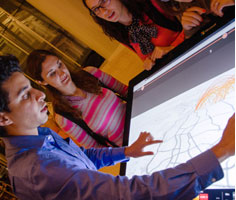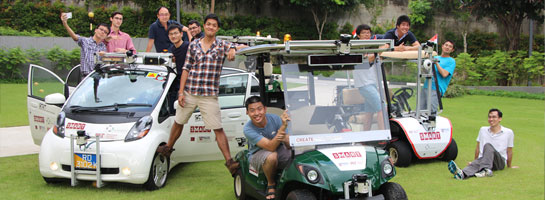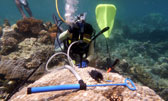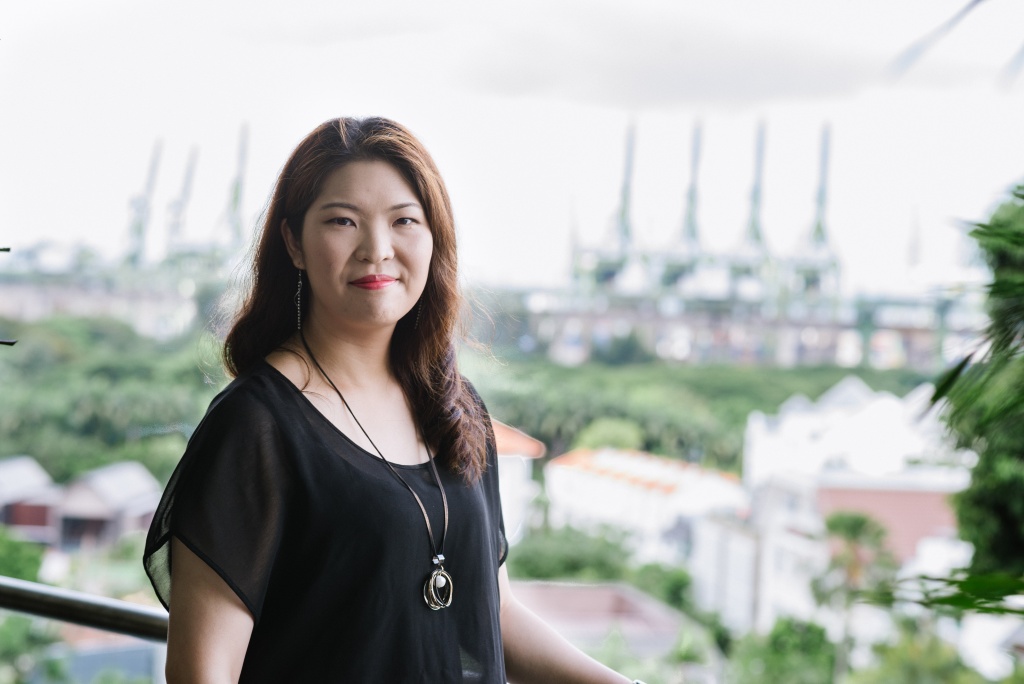




 SMART CENSAM Dr Lee Hsiang He says that nearly 40% of bad air days in Singapore were caused by a combination of both domestic and foreign sources of air pollution.
SMART CENSAM Dr Lee Hsiang He says that nearly 40% of bad air days in Singapore were caused by a combination of both domestic and foreign sources of air pollution.
Pollution right at our doorstep may be the cause of bad air days in Singapore.
Two out of three bad air days here can be prevented by managing domestic sources of air pollution, showed a study by Dr Lee Hsiang-He, SMART CENSAM research scientist. The study also highlighted that dust from traffic, power generation and construction could be among the local sources of pollution that should be targeted.
Her paper "Impacts of air pollutants from fire and non-fire emissions on the regional air quality in Southeast Asia" was published on 3 May 2018 in the science journal Atmospheric Chemistry and Physics and featured on MIT site.
In an exclusive interview with The Straits Times (Premium story, see excerpt), Dr Lee highlighted that about 40 per cent of bad air days in Singapore were caused by a combination of both domestic and foreign sources of air pollution. And suggested that a further 25 per cent of bad air days in Singapore were caused by local sources of air pollution, such as traffic, power generation and industry. It is noted that on average, Singapore experiences 96 bad air days annually.
Research & Findings
The research, based on data from computer simulation models and observations, focuses on the impact of fire (i.e., biomass burning) and non-fire (i.e., fossil fuel) aerosols on visibility, regional air quality, and human health.
Traditionally, most people focus only on fire aerosols from the haze events. Findings show that most haze events come from non-fire aerosols or the combination of fire and non-fire aerosols, especially in Singapore.
Another important finding is that the current emission inventory does not include road dust, construction dust etc., which are dubbed "missing anthropogenic aerosols". These missing aerosols are quite important for air quality simulation, especially in the urban area.
Dr Lee said: "These sources of particulate matter are substantially underestimated and are usually not tracked as they are harder to document."
SMART CENSAM's capability in using the machine-learning technique to predict haze in Singapore was also demonstrated in the research. SMART CENSAM is the first research group pioneering this application of machine-learning method to air quality study, in particularr haze prediction.
This research was funded by the National Research Foundation Singapore under its Campus for Research Excellence and Technological Enterprise (CREATE) programme.
NB: Dr Lee was also quoted in Reuters on 17 July 2018 in the story "From cloud seeding to pollution curbs, Indonesia fights pollution ahead of Asian Games".